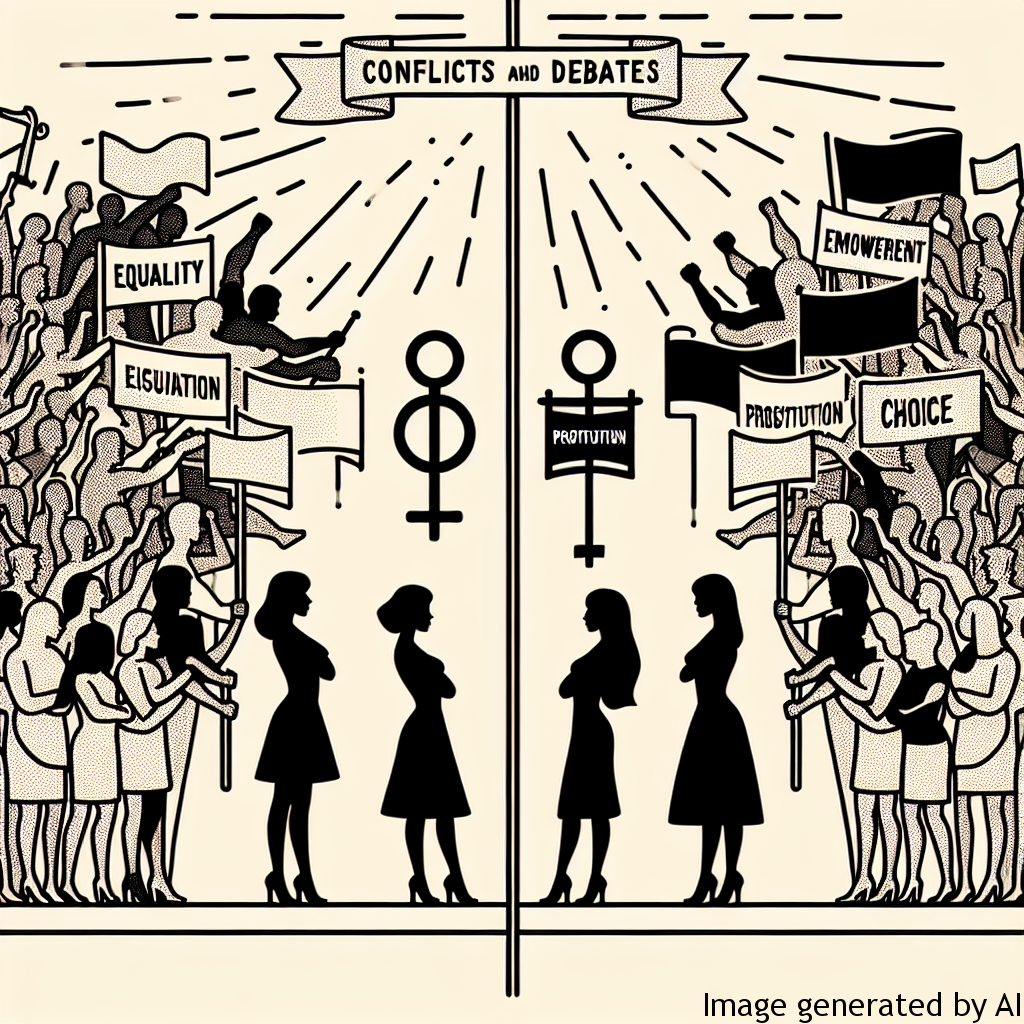Introduction
The topic of prostitution has long been a matter of discussion and controversy within feminist circles. The debates primarily revolve around questions of morality, ethics, consent, and freedom of choice, with some parties decrying it as inherently exploitative and others advocating for its legitimization and regulation. However, these debates rarely pay due attention to the effects of gender expectations on the men involved in this issue – both the patrons and the workers themselves. The following article aims to explore the intertwining of prostitution, gender roles, and their psychological implications for those men.
Description of Gender Expectations and Their Influence on Male Psychological Health
Gender expectations provide a set of societal norms dictating how individuals of a particular sex should behave, think, and feel. For men, these expectations can manifest as societal pressures to be strong, emotionally stoic, sexually voracious and self-reliant.
The Price of Toxic Masculinity
The psychological consequence of these expectations, often labeled as “toxic masculinity”, can be profoundly damaging. The suppression of emotions other than anger, the stigmatization of vulnerability, and the expectation of hypersexuality can lead to a host of mental health issues such as anxiety, depression, substance abuse, and even suicide.
Gender Expectations and Prostitution
In the context of prostitution, these gender norms can play a huge role. Men are often both consumers and providers of sex work, driven by social expectations of virility and conquest. However, the stigma and potential legal consequences that come with participating in such activities can lead to further stress and isolation.
Examples of How Gender Roles Can Impact Men’s Lives
A common example is the expectation that men should constantly pursue sexual activity. This may lead some to seek services from sex workers, an act which, though fulfilling societal expectations, is often met with judgement and condemnation. Furthermore, men engaging in sex work are often denigrated, raising fears of ostracization and adding to psychological strain.
Advice for Improving Psychological Health Considering Gender Roles
Men must recognize that societal gender norms are not unchangeable laws but constructs that can and should be questioned. Mental health resources tailored specifically for men, focusing on open communication, emotional expression, and overcoming stigma, can provide invaluable assistance.
For men involved in sex work, professional and peer support groups tailored specifically to their experiences can also be helpful, offering a non-judgemental environment to discuss their challenges and concerns.
Conclusion
The intersection of prostitution and feminism encompasses more than the women traditionally focused on by these discussions – it should also encompass the psychological state of men, influenced by societal expectations. By tackling toxic gender norms and providing support for all individuals involved in sex work, we can work towards a society that is healthier, more understanding, and fairer for all people.

